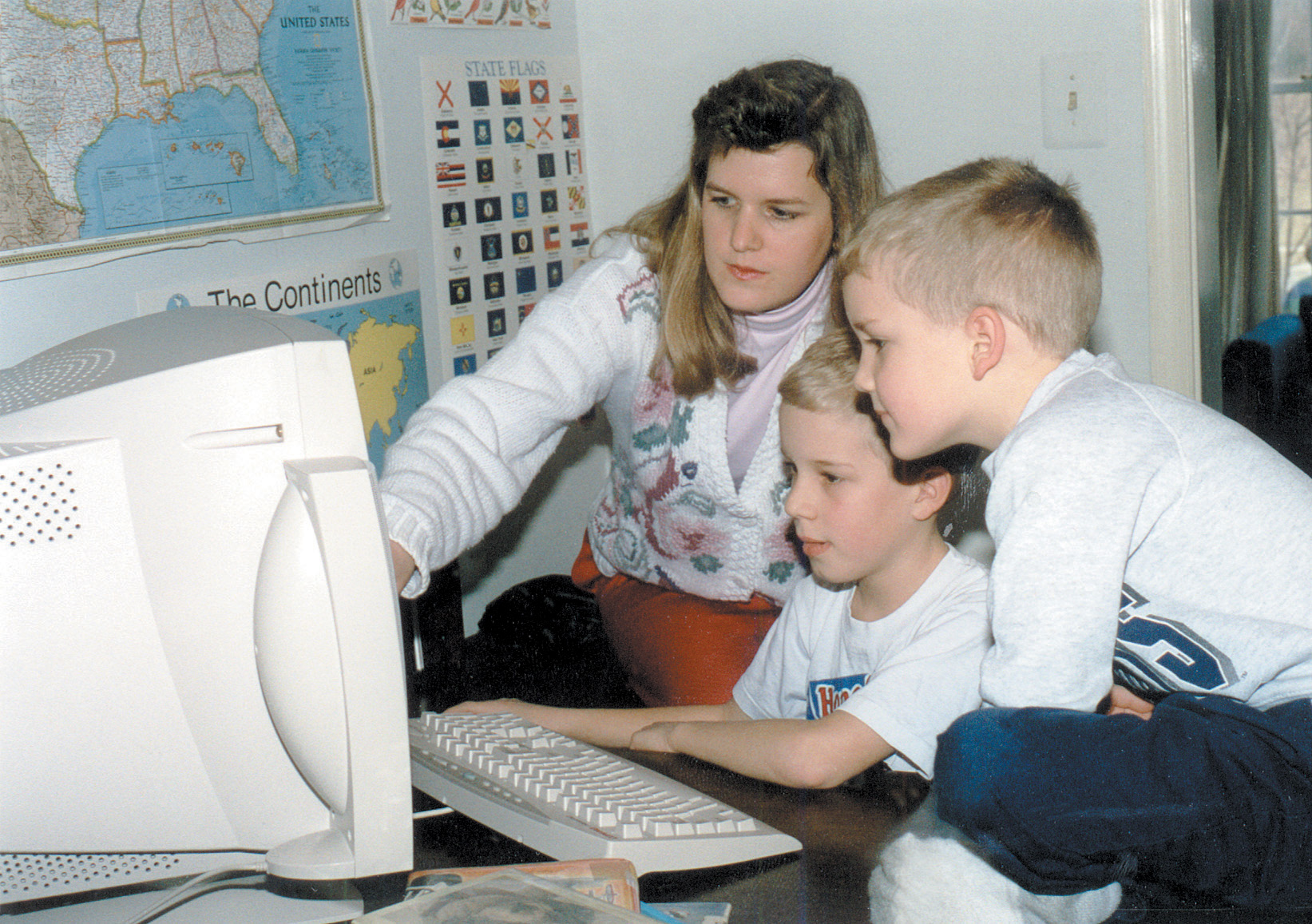
WASHINGTON (BP)–Despite a 1999 statement from the National Education Association that “home schooling cannot provide the student with a comprehensive education experience,” a 2001 study shows home-schooled students are more socially and academically advanced than their peers, CNSNews.com reported Oct. 23.
Patrick Basham, a senior fellow at the Cato Institute and author of the study, said the findings “aren’t surprising in intellectual terms, but it does turn the major anecdotal opposition to home schooling — that it produces social retards — on its head.”
The study by the Fraser Institute, an independent public policy organization based in Vancouver, Canada, focused on home-schooled students in North America. According to the study’s findings, the typical home-schooled child is more mature, friendly, happy, thoughtful, competent and better socialized than students in public or private schools.
They also are less peer dependent and exhibit “significantly higher” self-esteem, according to the study.
But Janet Bass, a representative of the American Federation of Teachers, said it’s impossible to compare home schooling with institutional schools.
“They’re two totally different environments,” she said, adding that there’s no comparison to children in school to children “at home with mommy.” As long as the right programs are in place, “you’ll get good results” no matter what the environment, Bass said.
The study’s findings come as no surprise to those who home school their children. Belinda Mooney, mother of seven and editor of the home schooling website LearningTreasures.com, has been teaching her children at home for the past 16 years.
“Home schoolers have been surpassing public schools in test scores since the beginning, and … the fact that they surpass them socially is no surprise, either,” Mooney said. “Life itself is about socialization and getting along with others. We do what interests our family and the socialization part comes naturally.”
Among other activities, the Mooney children are involved with their church, participate in sports and dance, take part in a weekly reading group and perform in a gymnastics program. They also belong to a local home school group that provides opportunities for social interaction.
“This month, the children went to a local festival, went on a hayride and pumpkin picking field trip and are going to be going to … a colonial enactment village,” Mooney said.
As for the controversy over socialization and schooling, Mooney thinks it’s completely overrated.
“I always thought [socialization] was the most ridiculous question anyway,” she said. “Who sends their kids to school to be socialized? And who wants the negative socialization skills they learn at school? Not me!”
The study by The Fraser Institute also found that home-schooled children regularly outperform other students academically. Overall test scores for home schoolers were between the 75th and 85th percentiles, while public school students scored in the 50th percentile and private school students’ scores ranged from the 65th to 75th percentiles.
Home schoolers also surpass the national average on both of the standard college entrance exams, the ACT and the SAT.
“Almost one-quarter of home-schooled students perform one or more grades above their age-level peers in public and private schools,” Basham said. Indeed, the study cited findings that by the eighth grade, the average home-schooled student performs four grade levels above the national average.
Chris Klicka, senior counsel for the Home School Legal Defense Association and author of “Home Schooling: The Right Choice,” said he thinks the study will help combat the myths surrounding socialization and home schoolers.
“Public support is crucial to the advancement and acceptance of the home schooling movement,” Klicka said. “People need to be aware of the facts rather than react to their prejudices.”
Basham agreed. “If the callers to the radio shows I’ve been on … and the senders of e-mail to me on this subject are representative of the interested public, then this study has the potential to seriously stimulate debate regarding the accuracy of the major negative stereotypes surrounding home schooling,” he said.
–30–
Rizzoni is a correspondent for CNSNews.com, at www.cnsnews.com. Used by permission.
















